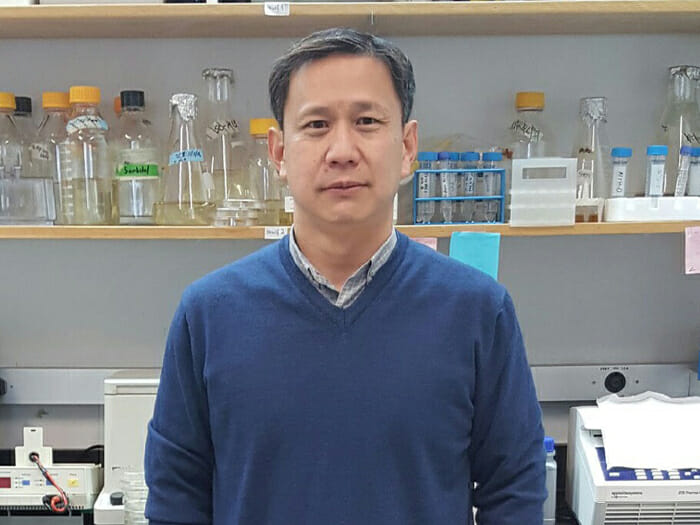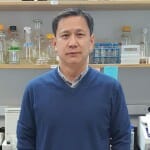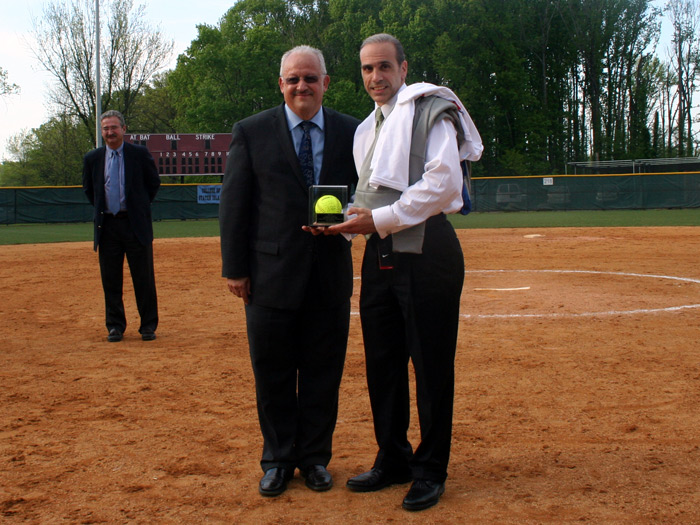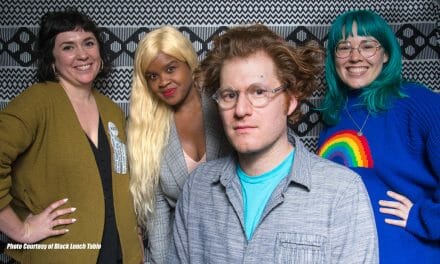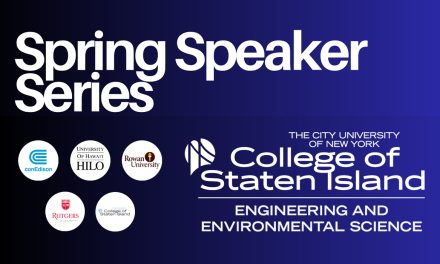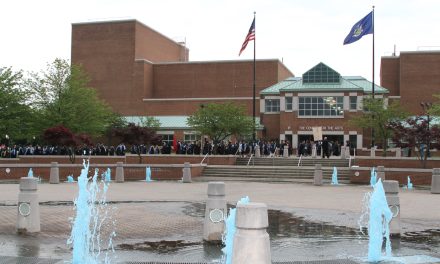Chang-Hui Shen, PhD, Professor of Biology at the College of Staten Island (CSI), is the recipient of a three-year North Atlantic Treaty Organization (NATO) grant award.
“The threat of terrorist attacks together with the increasing danger of local wars require a constant search and elaboration of new means for their counteracting. In the current project, we are proposing development of a portable, field-employable detector for assessing genotoxicity produced by explosives. On the basis of the enhanced sensitivity of living cells, the device will quickly, correctly, and confidently evaluate the genotoxicity danger for people’s health of CBRN agents. The use of the detector will enable the authorized personnel to estimate the situation and execute all appropriate measures to secure the respective polluted area,” according to Dr. Shen.
The efforts are a collaboration between Dr. Shen’s lab, as well as labs in Bulgaria, Macedonia, and Turkey.
“I am very pleased with the news of this three-year NATO award. Fostering new international collaborations, strengthening our research portfolio, and increasing the scope and number of research opportunities for the students are all part of the vision we have for the Division of Science and Technology. No doubt, this grant is well aligned with that vision,” commented Vivian Incera, PhD, Professor of Physics and Dean of Science and Technology.
Alejandra del Carmen Alonso, PhD, Chair and Professor in the Department of Biology, believes, “This award will allow Dr. Shen to increase his research and provide more opportunities with his students working in the lab, including the use of new molecular biology and DNA recombinant technology that we can integrate into molecular biology courses, and students will benefit from it.”
“The Biology Department is very proud of Dr. Shen’s award, an international collaboration that brings the opportunity of growth and exposure for research at CSI. In the name of the Biology Department, I would like congratulate Dr. Shen on his achievements and wish him good luck with this new research project,” said Dr. Alonso.

